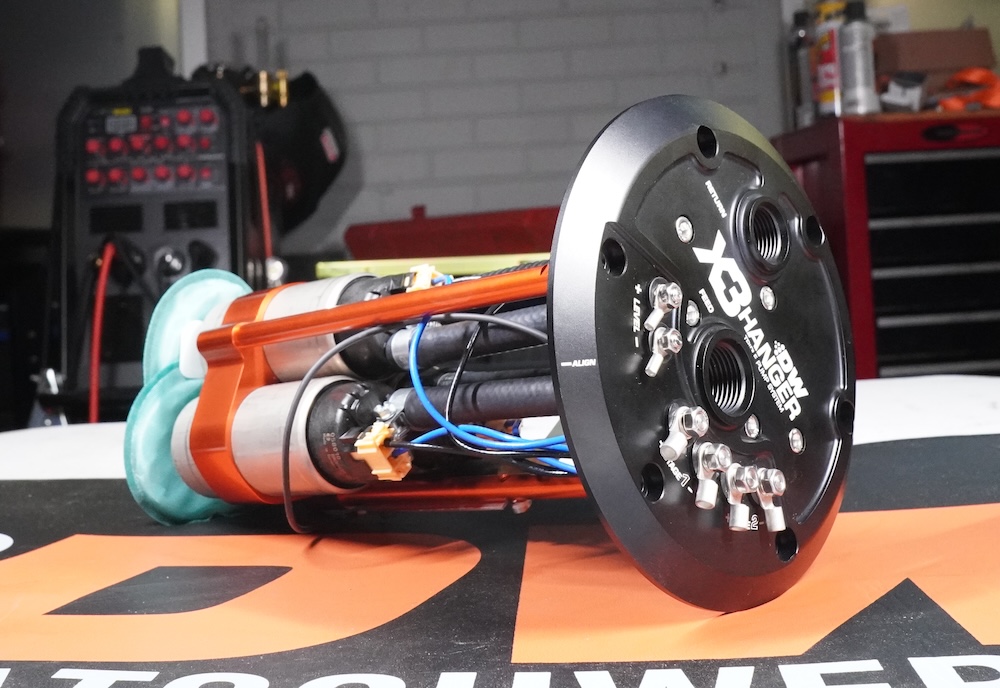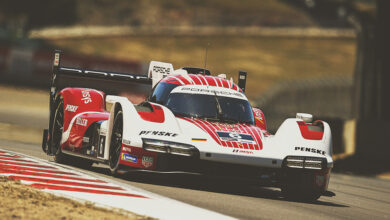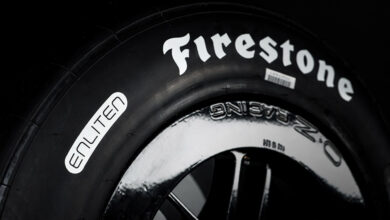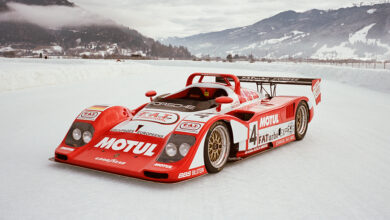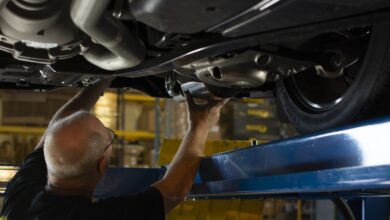The Global Influence of Import Performance
Fun & variety drive today’s small car market for shops...
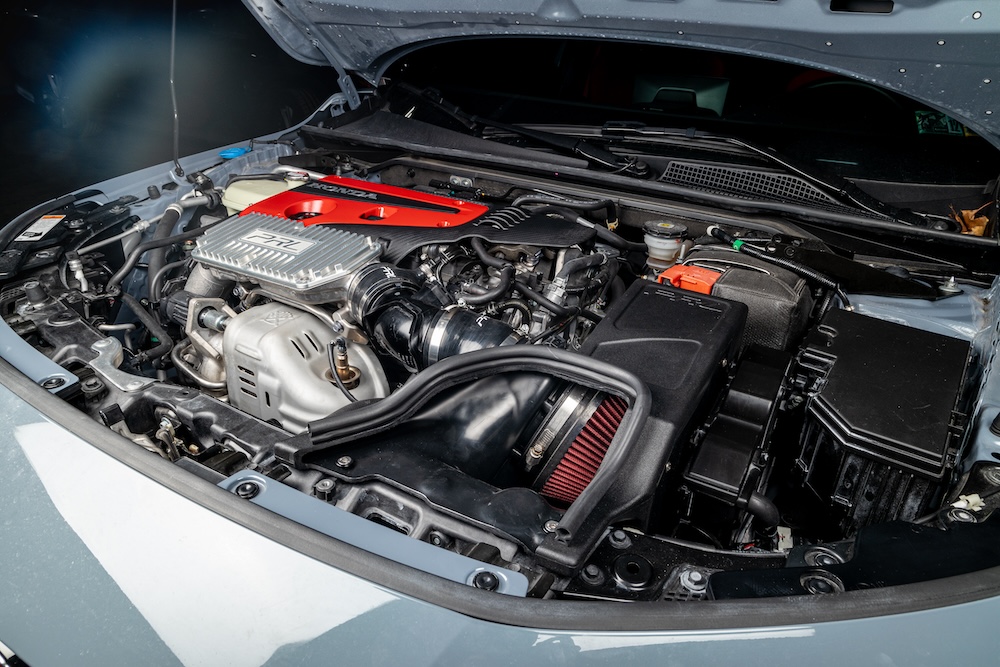
This article originally appeared in the August 2024 issue of THE SHOP magazine.
From the classic sport compact era to today’s wide variety of foreign offerings, the import performance market is strong and growing.
Consisting of drivers who usually know what they want and aren’t afraid to try something new, it’s a place where shops can be confident and creative, knowing there’s usually more than one right answer.
To help gain footing with the import performance crowd, suppliers offer observations on market trends, proven sales strategies and the hottest new products for these always-cool vehicles.
RIGHT BEFORE OUR EYES
For traditionalists and newcomers alike, sometimes it can be easy to overlook import performance vehicles and all they have to offer.
“Not all shops are paying enough attention to the opportunity of this customer base,” says Alan Miller, VP of operations for PRL Motorsports. “These newer import cars are produced with factory turbocharged engines and that creates power potential using shop-installed modifications.”

One market misconception is that products for imports can be difficult to find, notes Tim Sayers, muffler development manager at Borla Performance Industries.
“Manufacturers add new parts on a regular basis, so shops should check for availability and not just assume they are not available,” he recommends.
Similarly, some shops and customers still believe that import parts are too expensive, adds Gray Fredrick, VP of operations at Advanced Fuel Dynamics.
“The fact is, wide market support has leveled the playing field, placing import upgrade costs on par with domestic builds,” he explains.
The good news is that successful builds create loyal customers, says Eva Brendle Tran, marketing director & operations manager for LIQUI MOLY.
“Import performance customers are often pleasantly surprised by how well their vehicles perform under demanding conditions after using our products. This not only enhances their driving experience but also increases customer retention, as they are likely to return to the shop for more of our high-quality products.”
And common projects present a wide variety of opportunities, says Brandon McDaniel, senior technical product specialist for DeatschWerks.
“The import community is comprised of a vast number of different types and configurations of engines and drivetrains—four cylinders; inline six; rotary; five-valve engines; variable cam timing and lift; front, rear and all-wheel drive; and front, mid and rear engine configurations,” he notes. “Each application is a new experience that we have products for.”
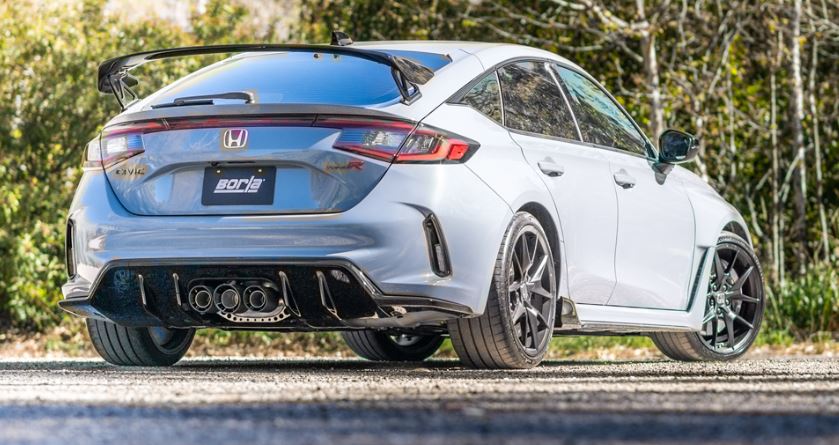
LET’S HAVE SOME FUN
When it comes to modifications, the import performance crowd isn’t afraid to experiment, meaning more creativity for shops.
“There seems to be more of a tendency to think outside the box in this market,” says Eric Grilliot, product manager at MAHLE Motorsport. “Whether it’s less entrenchment in the old ways of doing things, or from necessity driven by the relatively fewer number of available off-the-shelf solutions compared to traditional domestic V-8s, there are some fascinating developments coming out of the import market that truly push the boundaries of traditional performance.”
And some of those ideas come from the drivers themselves.
“Our import performance customers are often very knowledgeable and hands-on, bringing fresh build ideas and combos that keep the work interesting,” Fredrick notes.
Aspirations are a big part of the scene, as those original “tuners” of 20 years ago are all grown up and ready to spend.
“There is a large group of customers who were young drivers in the 1990s who now have the money to own the cars they used to dream of or who can afford to own and modify the new Type R, Type S or other great, newer import cars available today,” observes Miller.
And it’s not even necessary to draw a line between customers, as today’s performance enthusiasts may dabble in multiple vehicle types.
“Many import vehicle owners also own domestic vehicles and vice versa,” says Sayers, “so, working on their import vehicle may lead to work on their domestic vehicle.”
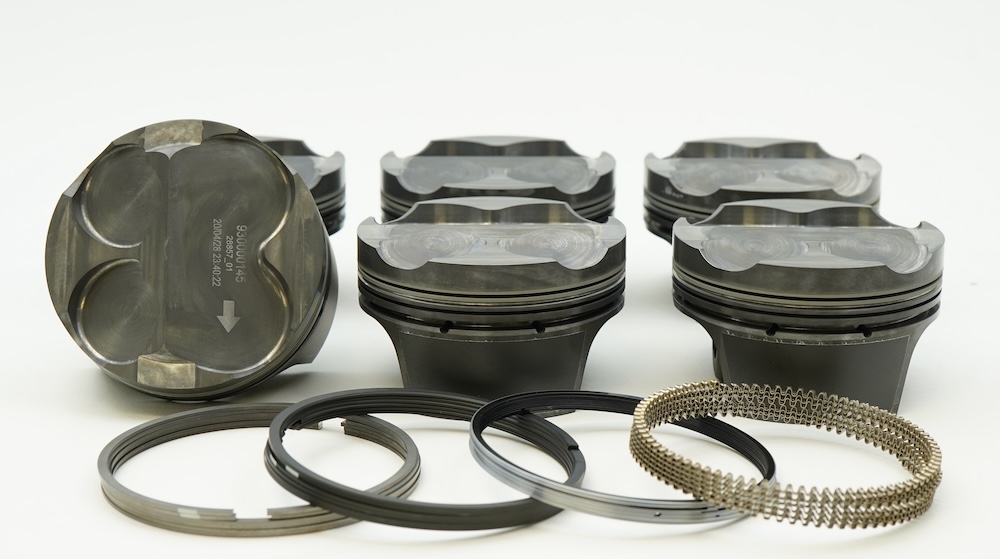
When it comes to offering specific solutions, it pays to have knowledgeable staff members who can convey accurate information. Take a popular preconception regarding motor oil, for example.
“Many mechanics and vehicle owners believe that ‘high zinc’ oil is the ultimate solution for tuned and modified performance engines,” says Tran. “Our state-of-the-art additive technology incorporates a synergistic mix of anti-wear agents that maximize protection and reduce friction beyond what high zinc levels can achieve.”
There are, of course, some differences in products and approaches when compared to more traditional performance projects. For instance, McDaniel warns against not accounting for the higher fuel system requirements that imports demand.
“First, larger fuel injector flow rates are required for the same power levels due to only having four or six injectors typically,” he explains. “Second, higher boost pressures will cause the fuel system to run at higher pressures, reducing the volume of the fuel pump and requiring fuel pumps that flow more at higher pressures, or generally higher-flowing pumps.”
DeatschWerks offers online calculators for fuel injectors, fuel pumps and conversions on its website, he notes.
PRODUCTIVE CONVERSATIONS
Shops that want their next import performance project to be a success should start with a conversation.
“Have someone in the shop that is comfortable talking with customers about their import vehicles,” says Sayers from Borla.
The idea is to a get a true understanding of the driver and what they want to do with the vehicle.
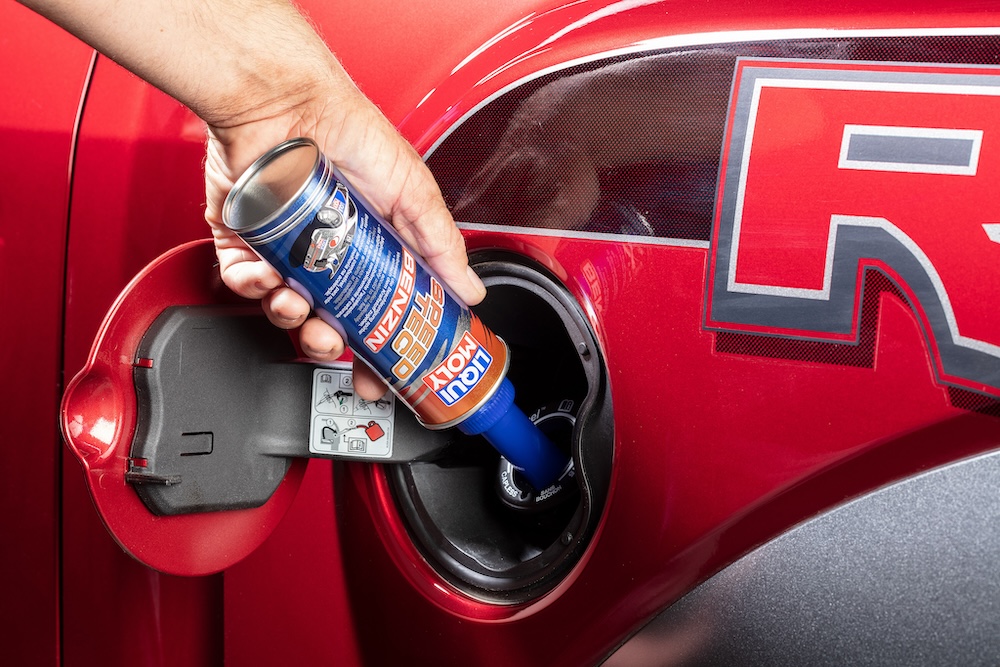
“Listen to the customer,” says MAHLE’s Grilliot. “As the experts, we may know how to build or spec parts for just about any application. But it does no good if we don’t first listen and truly understand the unique requirements and challenges of the application.”
From there, shops can offer “suggestive selling,” says McDaniel from DeatschWerks.
“Have and suggest complementary products to support the current fuel system product the customer is interested in,” he recommends. “If a customer is purchasing higher-flowing injectors, make sure the rest of the fuel system can support those injectors.”
Each job can be a partnership.
“Remember, this market consists of hands-on drivers with ideas of what they want, says Fredrick from Advanced Fuel Dynamics. “Import performance customers typically do not just drop off the keys. They want to be deeply involved in the performance building strategy. Embrace your import customers’ knowledge and make them part of the process. The more involved they feel the more they will see your work as a partnership of equals. Trust is key.”
From there, adds Miller from PRL Motorsports, shops can begin casting a wider net.
“If you are looking the other way on these Honda 1.5L Turbo and 2.0L Turbo cars from Honda and Acura, there is a whole community of passionate owners that want to modify and customize their cars for improved performance. We have proven products to support that community and the expertise to support your shop.”
Unsure of where to start? Tran suggests taking advantage of the knowledge and experience top suppliers bring to the table.
“Work with us and profit from our global brand awareness, from Formula 1 to local events. We have regional managers on the road and technicians who can come to you, answer your questions and show you how to succeed with LIQUI MOLY through our proven concepts since 1957.”
